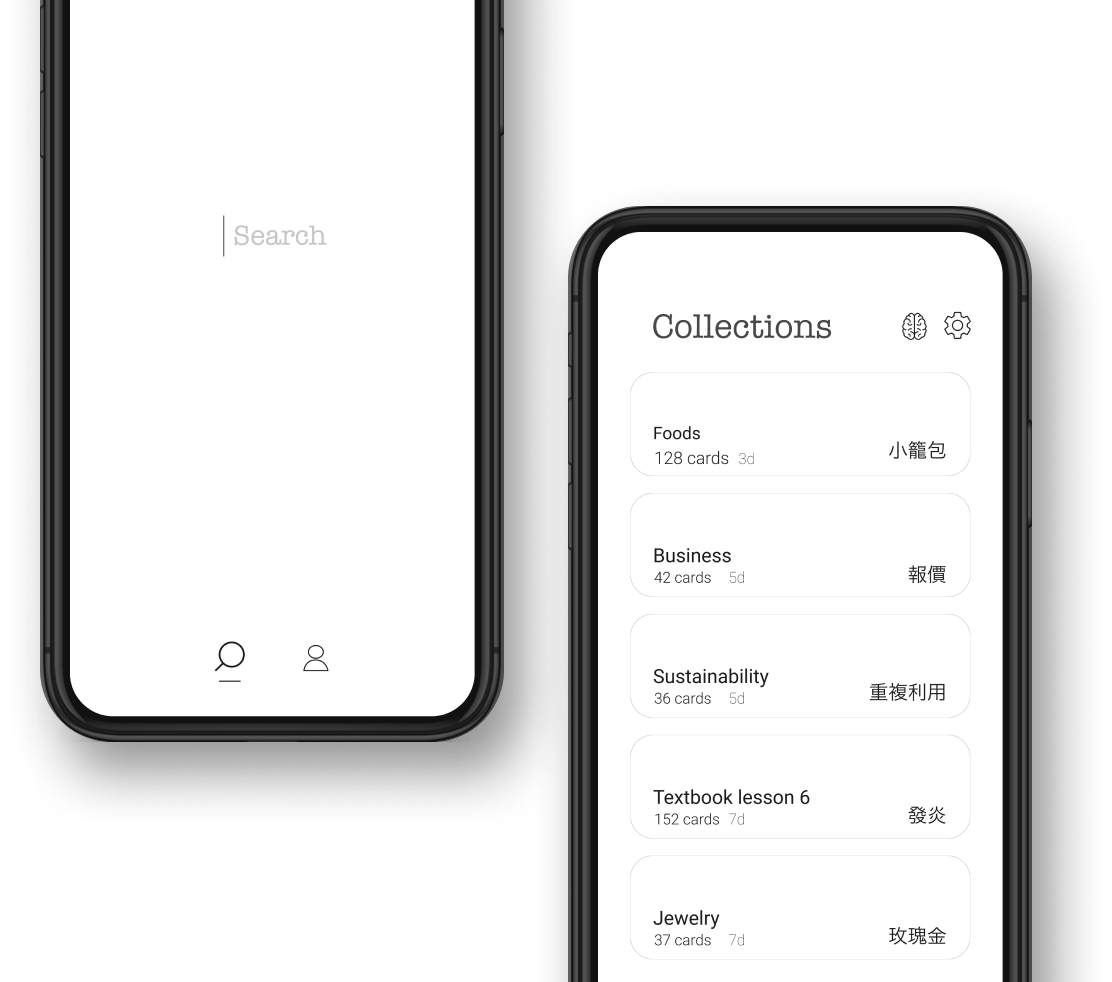Meaning of bēng:
绷
variant of 繃|绷[beng1]; (bound form) embroidery hoop; (bound form) woven bed mat
Shéngzi bèi lā de hěn jǐn, sìhū kuài yào bēng duàn le.
绳子被拉得很紧,似乎快要绷断了。
The rope was pulled so tight that it seemed about to snap.
Tā zài yòng yīgè dàdà de bēngzi xiùhuā.
她在用一个大大的绷子绣花。
She is using a large embroidery hoop to do embroidery.
Gǔdài rén cháng yòng cǎo lái zhìzuò bēng.
古代人常用草来制作绷。
People in ancient times often used grass to make woven bed mats.
variant of 繃|绷[beng3]; to draw tight; to stretch taut; to tack (with thread or pin); to have a taut face
Tā zài nǔlì bǎochí lěngjìng de tàidu, dàn kàn de chū tā de shénqíng shì fēicháng jǐn bēng de.
他在努力保持冷静的态度,但看得出他的神情是非常紧绷的。
He was trying hard to maintain a calm demeanor, but it was clear that his expression was very tense.
Tā bǎ xián bēng de hěn jǐn, yǐ quèbǎo shēngyīn zhǔnquè.
他把弦绷得很紧,以确保声音准确。
He stretched the string tight to ensure accurate sound.
Tā xiǎoxīnyìyì de yòng zhēnxiàn bǎ bù pīn zài yīqǐ, liǎn shàng yīzhí bēng zhe yánsù de biǎoqíng.
她小心翼翼地用针线把布拼在一起,脸上一直绷着严肃的表情。
She carefully tacked the fabric together with a needle and thread, keeping a serious look on her face.
Dāng tā gǎndào shēngqì shí, tā de liǎn zǒng shì běng de hěn jǐn.
当他感到生气时,他的脸总是绷得很紧。
When he feels angry, his face is always very taut.

